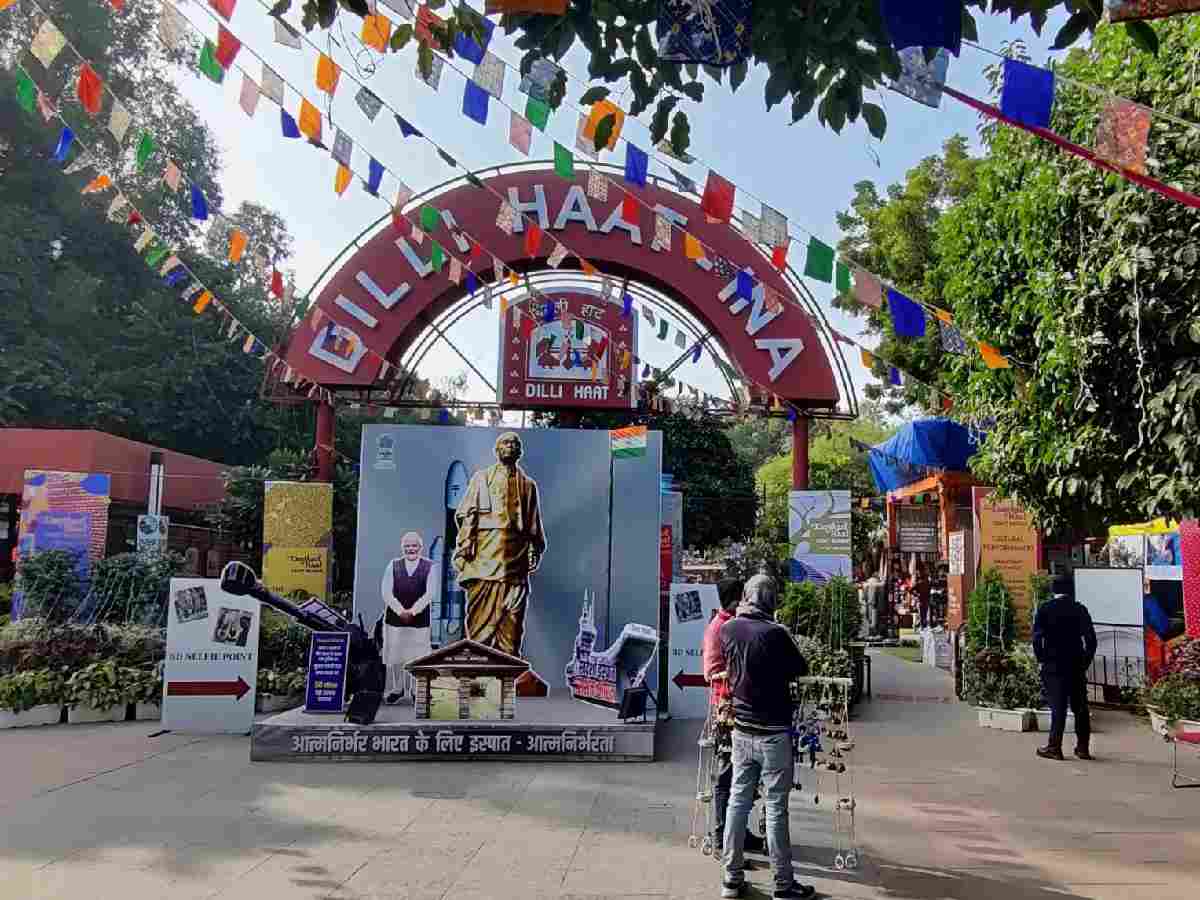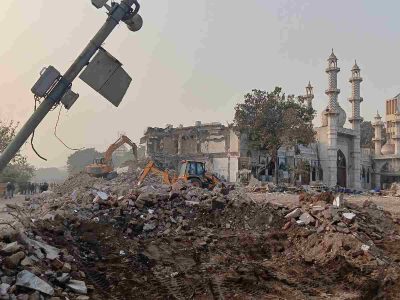The Delhi government has sanctioned a tender worth Rs 49.83 lakh for the reconstruction of shops at Dilli Haat, INA, which were severely damaged in a major fire late last month, officials confirmed on Thursday.
The rebuilding effort — comprising both civil and electrical repairs — is expected to be completed within 45 days. The fire, which broke out on the night of 30 April, destroyed between 25 and 30 shops at the popular open-air market located opposite INA Market in South Delhi. Several semi-permanent structures were also extensively damaged in the blaze.
The Delhi Tourism and Transportation Development Corporation (DTTDC) has issued the tender for the restoration of the damaged premises and for implementing key modifications aimed at mitigating the risk of future fire incidents, officials said.
Of the total approved amount of Rs 49,83,055, approximately Rs 40.85 lakh has been allocated for civil works and Rs 8.97 lakh for electrical installations.
According to the tender documents, the reconstruction will include rewiring for lighting, fans, exhaust systems, call bells, and other essential components. Civil works will involve laying cement concrete for structural elements such as retaining walls, return walls, vertical supports, and pilasters.
The project will also feature the installation of aluminium doors and windows, fire-check doors, stainless steel doors, safety railings, waterproofing solutions, and textured paint finishes.
Also Read: Fire breaks out at Sri Guru Gobind Singh College of Commerce in Delhi
A Delhi Tourism official said that shops completely destroyed in the fire will be rebuilt, while those currently fitted with iron grilles will be retrofitted with brick walls to improve fire resistance and structural durability.
Since its inauguration in March 1994, Dilli Haat has operated as a dynamic cultural space, providing a platform for artisans and craftspeople from across India. Designed as a contemporary version of the traditional village haat, the six-acre complex blends regional cuisines, live performances, and handicrafts in a single setting.
Initially developed as part of a land reclamation project, Dilli Haat has since become a vital cultural and economic hub for traditional artisans.
(With inputs from PTI)





